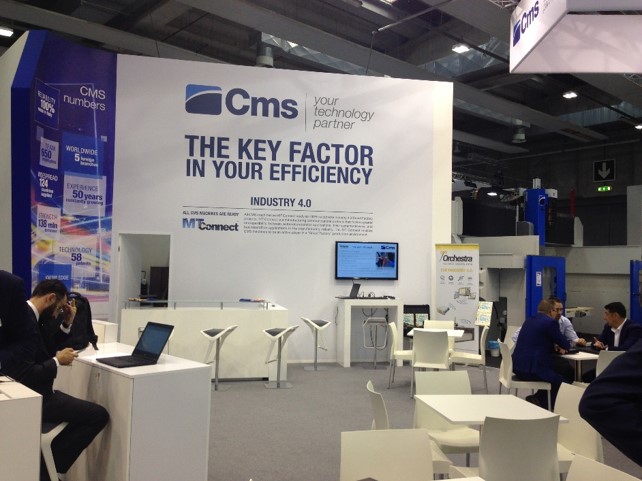IT-OT convergence: characteristics and advantages
November 10, 2023

In an increasingly connected industrial world, IT-OT convergence has the power to enable the digital transformation of factories and generate added value. Let’s explore how.
If we trace a historical path, before the advent of Industry 4.0, two worlds existed far apart. On one side, the realm of Information Technology, comprised of networks, connections, and software. On the opposite side, the world of Operational Technology, consisting of machines, facilities, and processes.
Digitization has radically changed this paradigm by bringing connectivity into the factory and transforming the production layout. Thus, IT-OT convergence emerges, where different technologies and expertise give rise to new processes and platforms.
Naturally, this happens at a theoretical level. We must not forget that Industry 4.0 – and even more so, Industry 5.0 – is a complex world, made up of interdependent and constantly evolving technologies. Intelligent sensors, devices, network infrastructures, communication protocols – all of these demand the integration of new skills in the factory and the convergence of diverse competencies.
It is a significant shift in mindset. Operational Technology professionals must learn to manage IT-derived technologies, such as virtualization and fault tolerance. Similarly, Information Technology professionals must be capable of applying their knowledge from data centers to factory environments.
IT-OT convergence: edge computing
Data represents one of the fundamental elements upon which IT-OT convergence is built. Data, as we know, enables the transformation of production by providing valuable insights into the health status of machines and components. Thanks to big data, predictive analysis becomes possible, thereby improving maintenance strategies and preventing unforeseen machine downtime.
However, in practical everyday terms, data governance is complex and can pose challenges for various reasons. Firstly, it is necessary to transform big data into smart data to obtain useful information about production parameters. Secondly, the information must be analyzed and interpreted to generate strategic production actions. Finally, the data must be transmitted securely and seamlessly from machines to storage platforms to avoid potential cybersecurity issues and ensure minimal latency.
In this perspective, one of the strategic assets of the convergence between Information Technology and Operational Technology is represented by edge computing. Edge computing means collecting and interpreting data as close as possible to where the data is produced – essentially, at the machine’s edge. An edge computing platform is an IT network infrastructure that operates in an OT environment, offering tangible advantages compared to “traditional” cloud computing solutions: cost reduction, operational efficiency, and network security.
The integration of edge computing in the factory presupposes, at the same time, a mindset shift for all involved actors and the adoption of a strategy based on open standards, flexibility, and interoperability. Only in this way can the opportunities generated by digital transformation be maximized, paving the way for a virtuous path of efficiency and productivity.
Image via Unsplash

